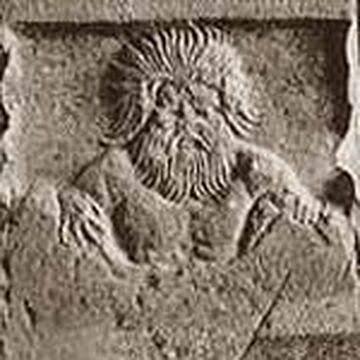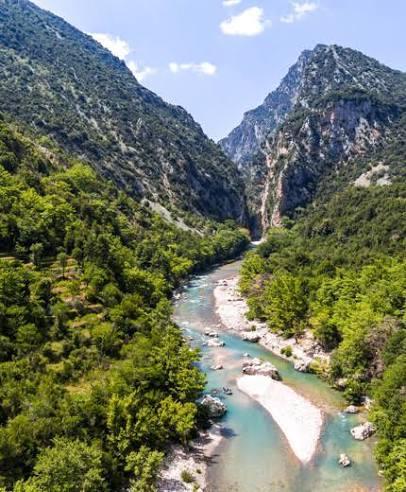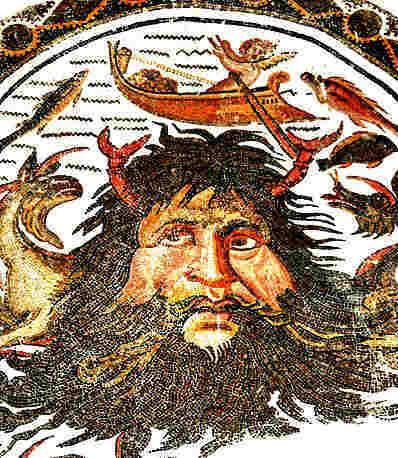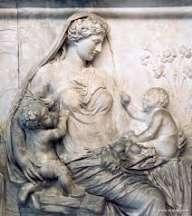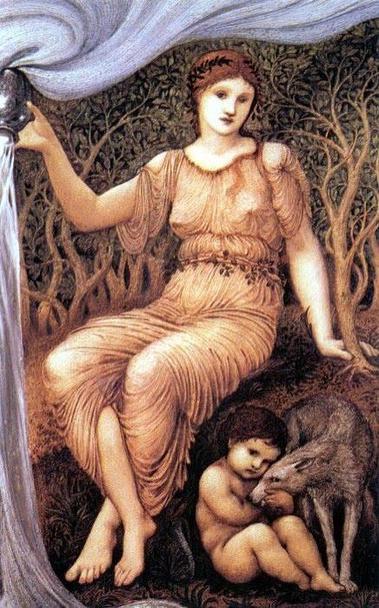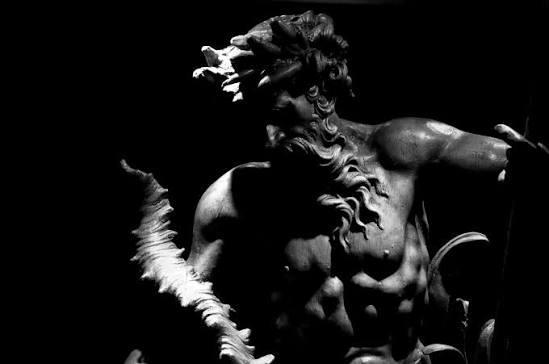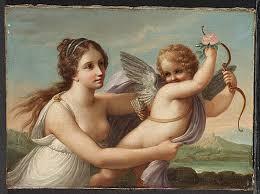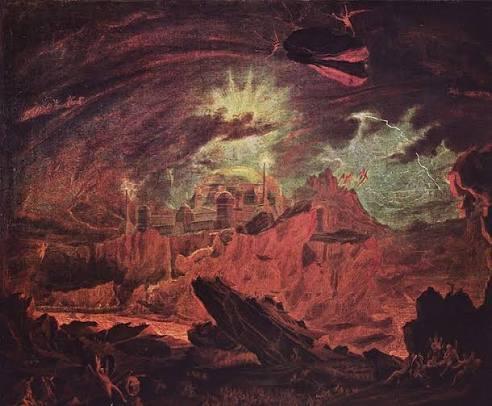Hello!
Call me Pseudanor (after Dionysus' awesome epithet).
I am new to the fediverse but you may know me from other social media.
I've been a hellenic polytheist since at least mid 2023, but lately I've been figuring "eclectic polytheist" probably fits me best for a few reasons. I do primarily worship the hellenic Gods though.
I am queer and disabled.
I'll probably update this once I have the hang of the platform but for now here you go ^^
#introduction #hellenicpolytheism #eclecticpolytheism #polytheism

